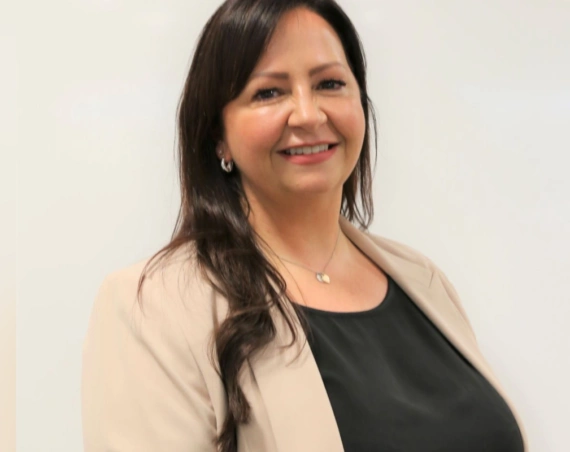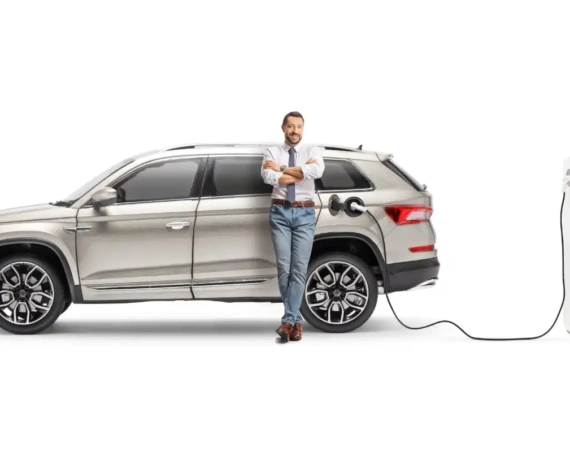THERE’s no denying that the current lack of vehicle availability is hardening OEM attitudes to market channels. Or at least providing an opportunity to experiment with consolidation of routes to market.
As Broker News found out at the end of March, BMW is extending its partnership with digital specialist Adobe to create a better customer journey from initial inquiry to vehicle delivery with no requirement to depart the confines of the BMW website. BMW says it expects 25% of its sales to be transacted this way in the future.
And yesterday, Lee Jones from Fleet Procure alerted me to a deal from Citroen for its entry point C3 YOU! model at an OTR of £12,995. With a PCP payment of just £149 a month it looks highly affordable. But it’s only available through the online Citroen Store.
And then the other side of the lack of product availability is the ability of OEMs to make profit on decreased volume. Fixing on either EVs or high-end, high-margin products, the OEMs are making a tidy profit while selling less. So perhaps it’s not surprising to see the Volkswagen chief financial officer explain in an interview with the FT and reported on Reuters that it will drop its volume aspirations and concentrate on being a premium maker as it phases out ICE engines.
That’s a significant move for Volkswagen, which once had aspirations to be the biggest volume car maker in the world, to put the brake on such ambitions and head upmarket.
What effect will this have on the leasing broker market?
Talking to a group of leasing brokers at the Novuna Vehicle Solutions conference, one offered this view:
This would be the obvious premium OEM strategy for the short term given the move to electrification and also the opportunity to slow down and review (driven by covid and supply issues). It’s also worth noting that the group CFO has made the comments – and that person will be most driven by margin.
Other brokers thought the squeeze on the broker channel would continue over the next two to three years, but added that, once supply eases and competition returns, what happens then?
We also know that these factories have historically been most profitable when they are running at full capacity, there may be a slight disconnect in the future when stock builds up and needs to be sold to an end user
Simon Fuller, a director at Rivervale Leasing, added:
While the logic behind selling more profitably rather than concentrating on volume makes perfect sense, we have seen manufacturers try and adopt this stance previously. However, breaking the mould is very difficult to do when one of the main drivers in the industry for many years has been market share. So this may be Volkswagen’s eight year plan here and now, any changes in control may also bring in new management with differing views in years to come!
Simon went on to say that selling fewer models may well reduce Volkswagen’s cost base in terms of personnel costs and operationally by potentially having fewer production plants, but he also warned that R&D investment would need to increase in order to operate purely in the premium market. Will this lead to significant job losses worldwide?
Simon continues:
I am unsure what impact this may have to the market here and now. However, it always seems that there are other manufacturers producing product to fill the void if this were to happen, and would likely welcome the opportunity to increase their own market share.
I think this is a valid point – look at how Hyundai and Kia have moved to grab greater market share in 2022. And then there’s the prospect of Chinese OEMs beginning to bring their EV products to Europe as well.
Another broker offered me this view:
If more and more customers want to go to a one-stop-shop or comparison site where they can see a cross brand view, how will the OEM combat this without being out on price. With rising prices across the board, it seems like a big issue.
These are all good and valid points.
What it does show is that – despite what is going on in the market – leasing brokers remain in a strong position. They are able to help customers with decisions over brand, price and suitability across a wide choice of vehicles, while also being strong advocates of electrification for business users, typified by Fleet Alliance’s record Q1 order book.
And while OEMs such as Tesla and Polestar have attempted to alter the route to market, broker channels remain the most popular route for accessing these vehicles.
All the brokers I questioned said that they expected change. But with greater change came greater opportunities for the sector. As Rob Marshall from Gateway2Lease told me at the conference:
One thing we as brokers have learned is that even during supply issues, we are still a preferred channel for many customers and that appears to be growing, certainly as regards leasing.

Ralph Morton is the leading journalist in the leasing broker sector and editor of Broker News, the website which provides information and news for BVRLA-registered leasing brokers. He also writes extensively on the fleet and leasing market in both the UK and Europe.



